Dear all
Schools that work for everyone consultation
In addition to the consultation workshop (second one on 17th November) we have set up a short survey for staff members who have experience of working with schools as governors or otherwise – please complete the survey here and let us have your views (closing on 18th November). Please do pass it on to other colleagues if you know that they are involved with schools. I would also be grateful for relevant research, evidence or case studies about what does and doesn’t work to improve attainment in schools.
Brexit
The big story this week is of course the court decision that Parliament must be consulted before article 50 is triggered. It is hard to say at the moment what the impact will be, there will be a government appeal, the House of Commons may well approve it (after what will no doubt be a lively debate), there may be a more difficult debate in the House of Lords. The only effect may be a delay (although the government say there won’t). There is also speculation about a possible early election either before a vote on article 50 (if it looks difficult) or after if the government loses. There will also be efforts to link approval of the article 50 issue to a further approval of the deal and a possible second referendum – the latter seems unlikely to succeed.
The Committee for Exiting the EU is running an inquiry into government objectives in the Brexit negotiations. There is no deadline but written submissions are requested as soon as possible to inform later oral evidence sessions.
In an article in the Telegraph on 28th October, Alastair Jarvis of UUK writes about government priorities for HE in the Brexit debate: “So what should Government do to maximise the positive impact of universities? In my view, there are four priorities: encouraging students from around the world to choose to study in the UK; making the UK an attractive destination for talented staff; enhancing international research partnerships; and increasing public investment in research and innovation.”
Using research to influence policy: Kate Dommett from the University of Sheffield in the Guardian on 1st November, on why Michael Gove may have a point and experts need to raise their game “There are some easy ways to improve things. At a basic level, academics can focus on timely ways of translating and communicating their research, in a form that is clear, accessible and relevant to parliamentary requirements. They can ensure that expertise is targeted at the most appropriate part of parliament, recognising that the various elements of the system – MPs, advisers, committee clerks and others – have different knowledge requirements. The deeper challenge is to incorporate an understanding of what different audiences want into the research process itself. Whether working with parliament, government, charities or the media, academics can benefit from engaging in a more open dialogue throughout the research process, to ensure that evidence and expert input come in a useful and accessible form.”
Teaching Excellence: The HEFCE TEF guidance was issued this week along with the template for the provider submission, and HEFCE launched its National Mixed Methodology Learning Gain Project to add to the existing pilot studies. The new study will involve 27,000 students from 10 organisations. There is an interesting article on Wonkhe looking at learning gain and other alternative metrics that could be used in the TEF
International Students: Former Education Secretary Nicky Morgan has criticised Home Secretary Amber Rudd’s proposals to limit the sector’s ability to recruit international students based on quality. The article, which appeared on Conservative Home, questioned how ‘high-quality’ universities and courses would be defined. The consultation on this is expected at the end of the month – possibly after the autumn statement.
Credit transfer.
The government is due to respond on to its consultation on credit transfer and accelerated degrees before Christmas. The consultation apparently received 4500 responses (which will have been the result of a request for evidence from individual students about their own experiences. Credit transfer already happens but in a provocative and interesting article anticipating the response, Wonkhe suggest 4 areas for review:
- “Credit can only flourish if it is constituted as a form of common currency, grounded in the clear demonstration of outcomes against a national standard (the Framework for Higher Education Qualifications) and subject benchmarks.”
- “If providers don’t recognize credit given by another higher education institution, the implication is that QAA’s expectations for standards, and the whole UK quality assurance system, might be called into question – a dangerous double standard.”
- “In hierarchical subjects, where higher level work builds directly on a lower level grounding (I need to do Biochemistry 1 before I can do Biochemistry 2), then there is a need for a close matching of course content, but not all subjects are like this. When learners are making a substantive personal and financial commitments to their education this is unnecessarily restrictive.”
- “most graduates don’t go into employment in areas directly related to their degree subject and learners who are in employment, seeking to transfer credit and have their wider learning recognised, may find that traditional honours degrees are not the most appropriate progression route or benchmarking point.”
Regards
Jane
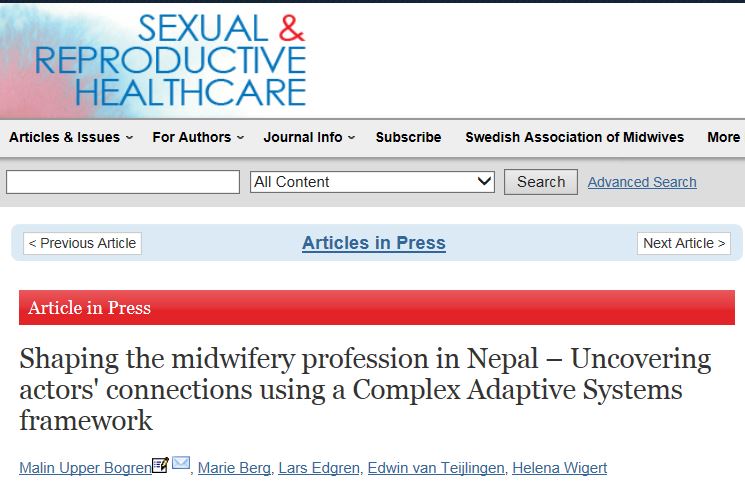
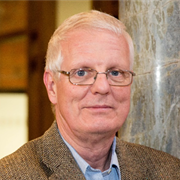 Having been at BU for three months, I thought I should introduce myself to the research community in the University and take this opportunity to tell you about some of my research interests so that anyone ploughing similar furrows can get in touch with a view to future collaboration.
Having been at BU for three months, I thought I should introduce myself to the research community in the University and take this opportunity to tell you about some of my research interests so that anyone ploughing similar furrows can get in touch with a view to future collaboration.
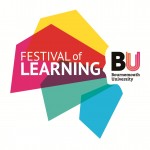 If you are still searching for some inspiration for
If you are still searching for some inspiration for 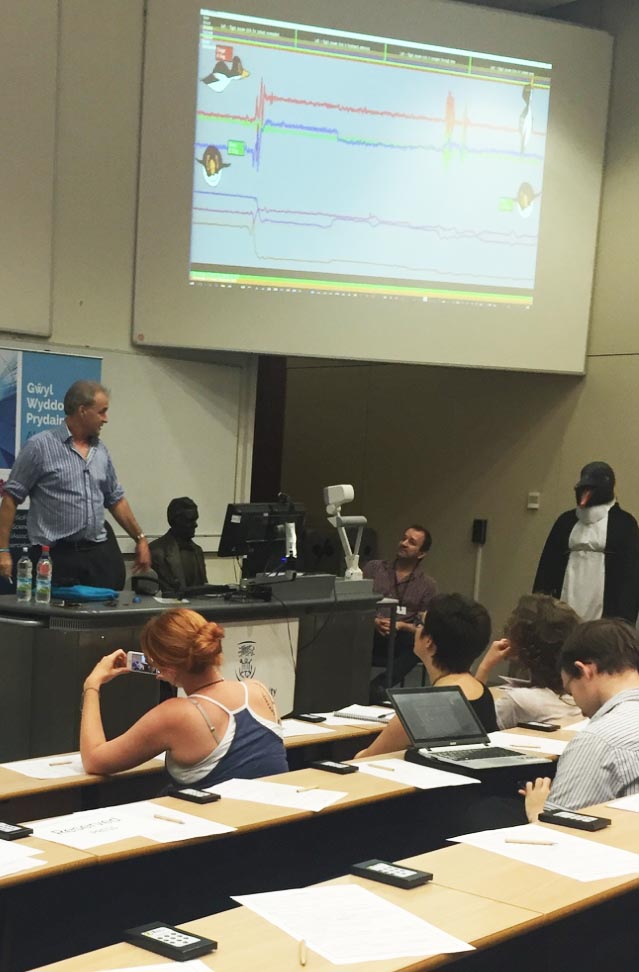
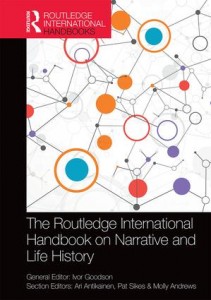 Kip Jones’ Chapter, “’Styles of Good Sense’ Ethics, Filmmaking and Scholarship” has recently been published in Routledge’s new volume, The Routledge International Handbook on Narrative and Life History.
Kip Jones’ Chapter, “’Styles of Good Sense’ Ethics, Filmmaking and Scholarship” has recently been published in Routledge’s new volume, The Routledge International Handbook on Narrative and Life History.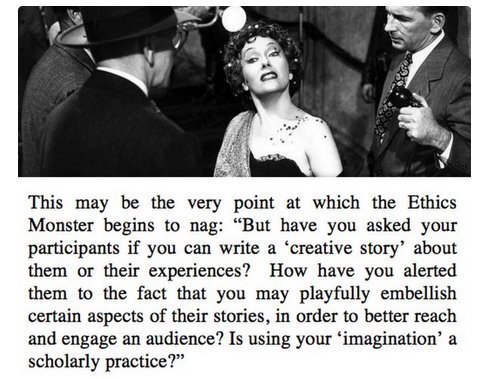
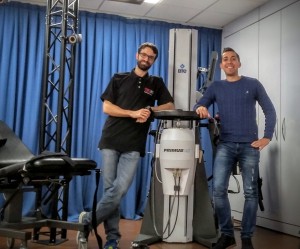
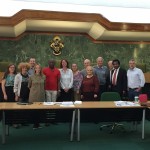












 FHSS academics teaching in Nepal
FHSS academics teaching in Nepal New weight change BU paper
New weight change BU paper One week to go! | The 16th Annual Postgraduate Research Conference
One week to go! | The 16th Annual Postgraduate Research Conference Geography and Environmental Studies academics – would you like to get more involved in preparing our next REF submission?
Geography and Environmental Studies academics – would you like to get more involved in preparing our next REF submission? Congratulations to three former BU staff
Congratulations to three former BU staff MSCA Staff Exchanges 2024 Call – internal deadline
MSCA Staff Exchanges 2024 Call – internal deadline Applications are now open for 2025 ESRC Postdoctoral Fellowships!
Applications are now open for 2025 ESRC Postdoctoral Fellowships! Horizon Europe – ERC CoG and MSCA SE webinars
Horizon Europe – ERC CoG and MSCA SE webinars MaGMap: Mass Grave Mapping
MaGMap: Mass Grave Mapping ERC grants – series of webinars
ERC grants – series of webinars